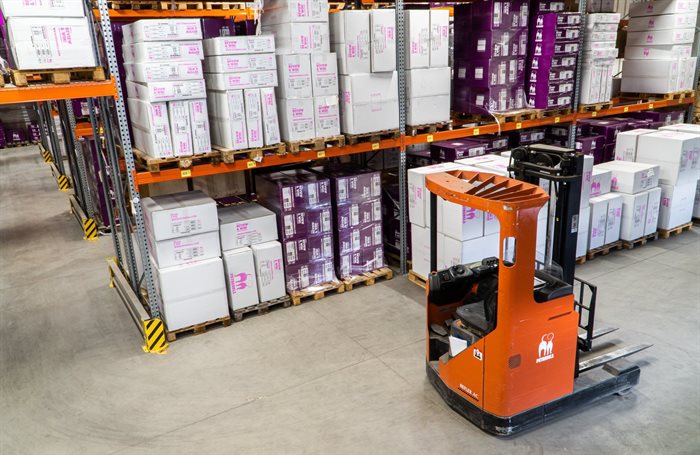According to Databuild CEO Morag Evans, the unprecedented boom in online trading triggered by the Covid-19 pandemic bodes well for the construction industry in terms of logistics-related property development.

Source: Supplied
Global restrictions around lockdowns, quarantines and social distancing forced society to move online in order to work, live and survive, prompting the hasty dismantlement of the cultural and technological barriers that previously hampered the widespread adoption of online trading channels among businesses and consumers.
“The resultant rapid surge in e-commerce has accelerated the need among the fast moving consumer goods (FMCG) sector for last mile logistic facilities that expedite the movement of merchandise in the supply chain and minimise delivery time to the final destination,” says Evans.
“This is evidenced in Databuild’s dynamic database of active contacts, projects and tender opportunities, Databuild Online.
“We have begun tracking several warehouse construction projects for online retailers. For example, Takealot is building new warehouses in Cape Town and Kempton Park, while Cotton On has commenced construction on a new warehouse in Midrand.”
Along with expanding warehouse and distribution centres, online retailers are also extending their physical footprint, Evans continues. “Amazon has chosen Cape Town as the location of its new headquarters in Africa and the R4.5bn project involving 15 hectares of land was recently awarded to developer WBHO.”
Peter Hodgkinson 22 Jul 2021 Unrest sparks opportunity
Evans believes the recent civil unrest and looting experienced in KwaZulu-Natal and Gauteng, which severely jeopardised South Africa’s supply chain, will further catalyse a shift in how FMCG manufacturers and retailers set up and manage their warehousing infrastructure.
“Rather than putting all their proverbial eggs in one basket and storing their products in one gigantically sized warehouse, we expect to see these role players making use of a diverse array of smaller warehouses strategically located closer to large urban centres. This will not only improve the delivery experience for their customers, but also mitigate operational risk when it comes to stock security and availability.”
Inner-city commercial properties could come into play here, Evans adds. “The boost in online shopping, together with rising unemployment figures, has negatively impacted brick-and-mortar malls and shopping centres with many retailers, especially small and micro-businesses, being forced to close their doors owing to the decline in foot traffic.
Empty office buildings
“Additionally, as local vaccination against Covid-19 gains momentum, the jury is still out on whether companies will eventually return to the office, allow their employees to continue working from home, or adopt a hybrid model of on- and off-premise working.
“Consequently, property owners and landlords are currently hard put to find tenants to occupy empty office buildings. Logistics operators should therefore seriously consider repurposing these under-utilised assets for use as warehouses and distribution centres.”
“South Africans have time and again proven their resilience in the wake of calamity, and neither a global pandemic nor civil unrest will prove our undoing,” Evans concludes. “The country has a golden opportunity to reinvent its supply chain and warehousing capabilities and the construction industry has an integral role to play in this regard.”


































